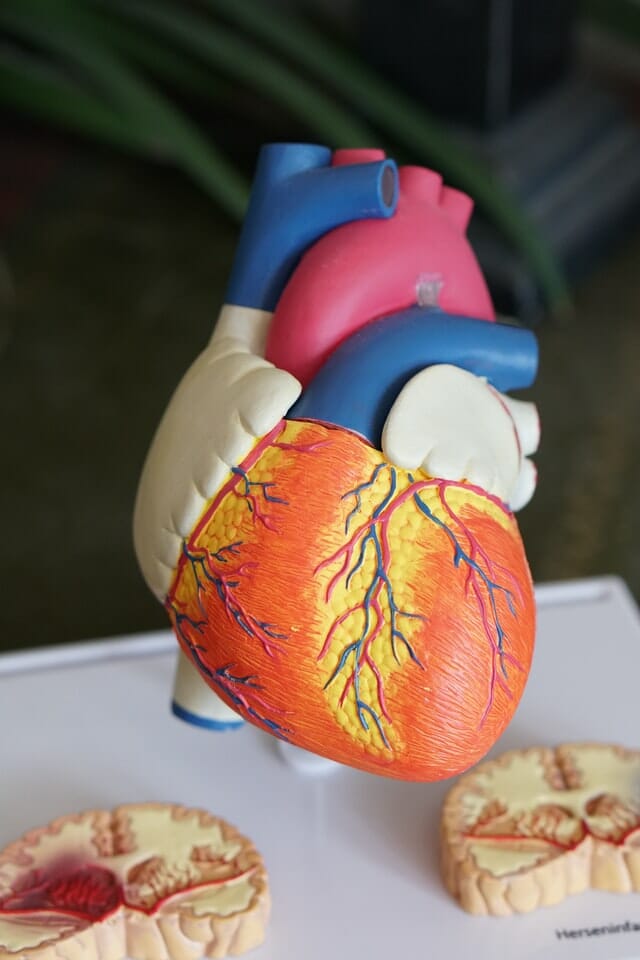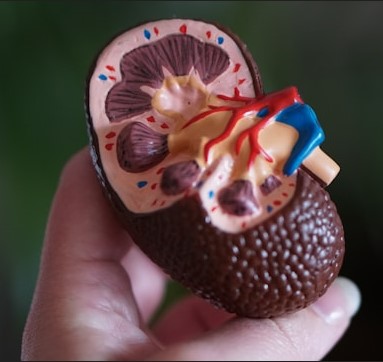
Is Sugar Bad for Your Heart?
Too much added sugar can be one of the greatest threats to cardiovascular disease.
“Basically, the higher the intake of added sugar, the higher the risk for heart disease,” – Dr. Hu, professor of nutrition at the Harvard T.H. Chan School of Public Health.
The effects of added sugar intake include
- higher blood pressure inflammation
- weight gain
- diabetes
- fatty liver disease
are all linked to an increased risk for heart attack and stroke
In this blog I will explore the link between sugar and heart health and support you with ways to curb that sweet tooth.
Not All Sugars are the Same
The “Good” Sugars
- Whole foods that contain natural sugar
- Plant foods have high amounts of fiber, essential minerals, and antioxidants
- Dairy foods contain protein and calcium.
Since your body digests these foods slowly, the sugar in them offers a steady supply of energy to your cells. A high intake of fruits, vegetables, and whole grains also has been shown to reduce the risk of chronic diseases, such as diabetes and heart disease
The “Dirty Dozen” Sugars
I call these sugary foods the Dirty Dozen and my Sugar Buster Program removes these completely.
These are foods that food manufacturers have “added sugar” to the products to increase flavor or extend shelf life.
- soft drinks
- fruit drinks
- flavored yogurts
- cereals
- cookies
- cakes
- candy
- most processed food
- soups
- bread
- cured meats
- ketchup.
How Does Sugar Affect the Heart?

“The effects of added sugar intake — higher blood pressure, inflammation, weight gain, diabetes, and fatty liver disease — are all linked to an increased risk for heart attack and stroke.”- Dr. Hu, professor of nutrition at the Harvard T.H. Chan School of Public Health.
Let’s look at one that doesn’t get a lot of attention.
Non Alcoholic Fatty Liver Disease (NAFLD)
When most people think of liver diseases, alcohol typically comes to mind, but studies find that fat accumulation independent of alcohol consumption is extremely damaging to the liver’s functions.
Just as the rest of the body can accumulate fat stores, so can the liver accumulate excess fat. When the fat stores become too great, they can act as a toxin to the liver and cause a decrease in liver function.
“Your liver metabolizes sugar the same way as alcohol, and converts dietary carbohydrates to fat,” says Dr. Hu
How to Keep Your Liver Healthy
- reduce (avoid) alcohol
- use medications wisely
- eat a whole foods diet
- keep a healthy weight
- keep blood sugars stable
- reduce exposure to toxins
- avoid pollution
- choose skin products with clean ingredients
- add nutrients to support the liver’s detoxification process. CLICK HERE for the liver support supplement I love (and take myself!)
Disclaimer:
As a service to my readers, I provide educational content for health empowerment. No content should ever be used as a substitute for direct medical advice from your doctor or other qualified clinician.
How Much Sugar is Okay?
The American Heart Association suggests that women consume no more than 100 calories (about 6 teaspoons or 24 grams) and men no more than 150 calories (about 9 teaspoons or 36 grams) of added sugar per day.
That is close to the amount in a 12-ounce can of soda.
Read Your Food Labels for “added” Sugar
Reading food labels is one of the best ways to monitor your intake of added sugar. Look for the following names for added sugar and try to either avoid, or cut back on the amount or frequency of the foods where they are found:
- brown sugar
- corn sweetener
- corn syrup
- fruit juice concentrates
- high-fructose corn syrup
- honey
- malt sugar
- molasses
- syrup sugar molecules ending in “ose” (dextrose, fructose, glucose, lactose, maltose, sucrose)






























